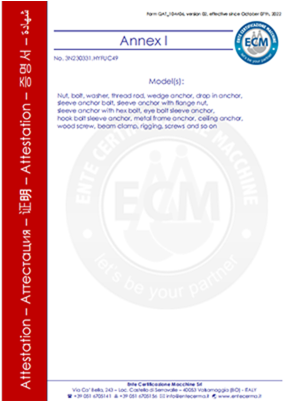Aug . 06, 2024 15:56 Back to list
Choosing the Right Screws for Installing Metal Studs in Construction Projects and Repairs
What Screws Do You Use for Metal Studs?
When it comes to building frames with metal studs, selecting the appropriate screws is crucial for ensuring structural integrity and durability. Metal studs are lightweight and resistant to fire and pests, making them a popular choice in commercial and residential construction. However, to maximize the benefits of metal studs, the right type of screws must be employed.
Types of Screws for Metal Studs
1. Self-Drilling Screws The most common type of screws used for metal studs are self-drilling screws, often referred to as tek screws. These screws come with a drill bit point that allows them to pierce through the steel without requiring a pilot hole. They are designed specifically for fastening metal to metal, making them highly efficient for metal stud framing. Self-drilling screws are available in various lengths and thread types, allowing for flexibility based on the specific thickness of the metal studs being used.
2. Sheet Metal Screws Another option is sheet metal screws, which can also work with metal studs. Unlike self-drilling screws, sheet metal screws do not have a built-in drill bit, which means they require a pilot hole to be created before installation. They have sharp, coarse threads that grip the metal securely, but they are generally less efficient than self-drilling screws for applications involving multiple metal layers.
3. Drywall Screws While drywall screws are typically used for fastening drywall to metal studs, they can also be an option in situations where the load is minimal. However, drywall screws are not designed for heavy-duty applications and may not provide the same level of strength and durability as self-drilling screws or sheet metal screws. Therefore, it is recommended to use them only in light-duty applications.
Considerations When Choosing Screws
what screws do you use for metal studs

- Gauge and Length The gauge (thickness) of the screw is crucial, especially when dealing with thicker metal studs. Standard screws for metal studs are typically between 1-1/4 inches to 2-1/2 inches in length, depending on the specific application. For thicker gauge studs (e.g., 20-gauge), longer screws may be needed to ensure a secure hold.
- Coating Depending on the environment where the metal stud framing will be installed, rust resistance may be a significant factor. Screws with coatings like zinc or other anti-corrosive finishes are ideal for applications exposed to moisture or humidity, as they help prevent rust and extend the lifespan of the screws and the overall structure.
- Type of Load Consider the type of load being applied to the studs. For heavy-duty applications, such as supporting shelves or other structures, using self-drilling screws designed for heavier loads will be essential. Always refer to the manufacturer's guidelines to ensure the screws used are appropriate for the intended load.
Installation Tips
When installing screws into metal studs, it is essential to use the correct tools and techniques. A power drill with the appropriate torque settings is ideal for self-drilling screws to avoid over-driving them. Ensure to hold the screw perpendicular to the surface of the metal stud for optimal grip and to prevent damage to the stud.
In summary, using the right screws for metal studs is vital for creating a strong and stable framework. Self-drilling screws are generally the preferred choice for their efficiency and strength, while considerations regarding gauge, length, coating, and load type play an essential role in ensuring a successful installation. Always follow best practices to achieve the best results in your construction projects.


